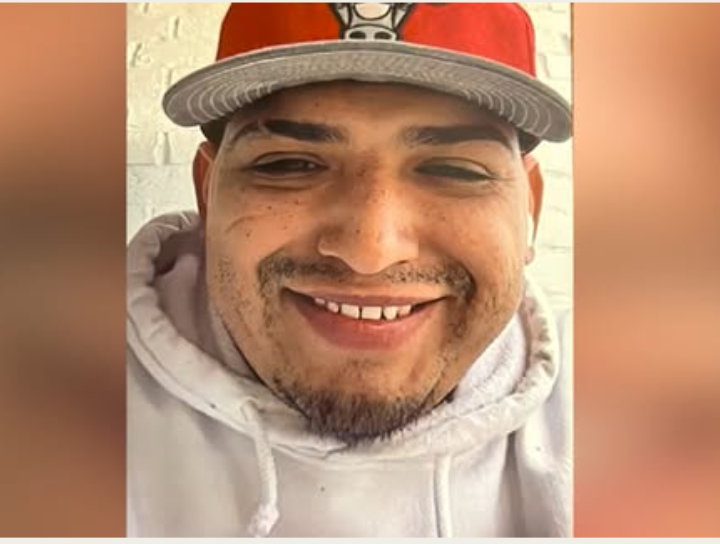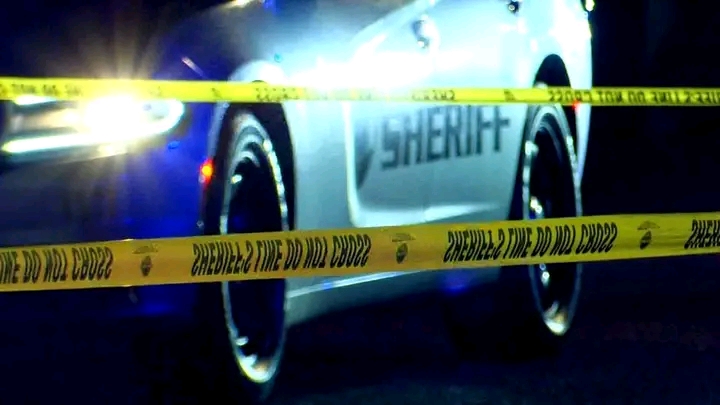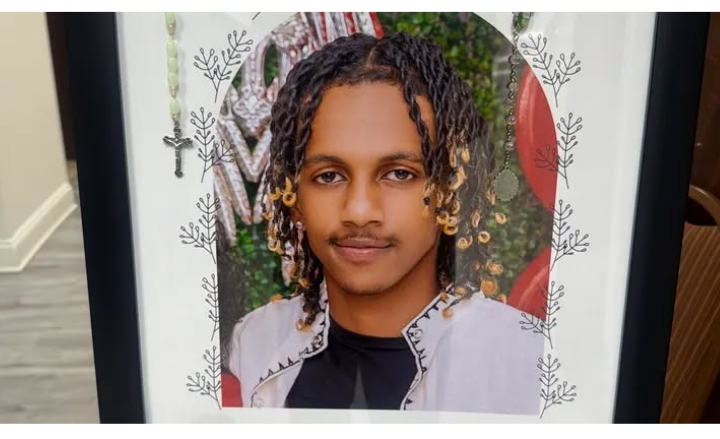Dallas, Texas — The community is mourning after a second victim of the Dallas ICE facility shooting succumbed to injuries. Miguel Ángel García-Hernández, 32, was pronounced dead after being removed from life support, marking another devastating loss in a tragedy that has shaken families, advocates, and residents across North Texas.
The shooting, described as a calculated sniper attack, erupted in September outside the federal immigration facility. Gunfire struck multiple individuals, leaving chaos in its wake as authorities scrambled to secure the area. García-Hernández was critically wounded in the assault and transported to a hospital where he underwent emergency treatment.
Doctors fought to stabilize his condition for days, but ultimately his injuries proved too severe. On Tuesday morning, the League of United Latin American Citizens (LULAC) confirmed his passing. His family made the heartbreaking decision to remove him from life support, ending a battle that began the moment bullets struck.
Officials investigating the sniper attack have yet to disclose a full account of how the shooter carried out the assault. Law enforcement agencies, including federal authorities, continue to review evidence and interview witnesses. The motive behind the gunfire remains unclear, but the brazenness of the attack has amplified calls for accountability and answers.
For loved ones, García-Hernández’s death has deepened the pain already inflicted by the tragedy. Family and friends remember him as a hardworking, resilient, and caring individual whose life was marked by dedication to loved ones. His loss is not only a personal one for those closest to him but also a reminder of the broader toll of violence.
Community leaders, including members of LULAC, expressed outrage and sorrow following the news. They described García-Hernández as a victim of senseless violence and called for justice to be pursued with urgency. Vigils are being planned in Dallas to honor his memory, offering a space for collective grief and solidarity.
The attack itself has reignited conversations about safety at federal facilities. Security experts warn that sniper-style assaults pose unique challenges, and advocates are urging stronger measures to protect both employees and civilians. The death of García-Hernández has further intensified demands for action to prevent similar tragedies.
Neighbors and residents across Dallas have shown support for the grieving family, leaving messages, flowers, and prayers. Social media platforms have also been filled with condolences and tributes, reflecting how deeply the news has resonated within the Latino community and beyond. His death has become a focal point for dialogue about resilience, justice, and remembrance.
Law enforcement officials continue to seek leads in the ongoing investigation. While progress has been made in piecing together the sequence of events, authorities stress the importance of public cooperation. Any additional information, they note, could prove vital in ensuring accountability for the lives lost and the families left in anguish.
In Dallas, the name Miguel Ángel García-Hernández will be remembered as part of a tragedy that changed lives forever. Though his journey was cut short, his memory endures through the voices of family, friends, and a community determined to honor his life while demanding answers and a safer future for all.











